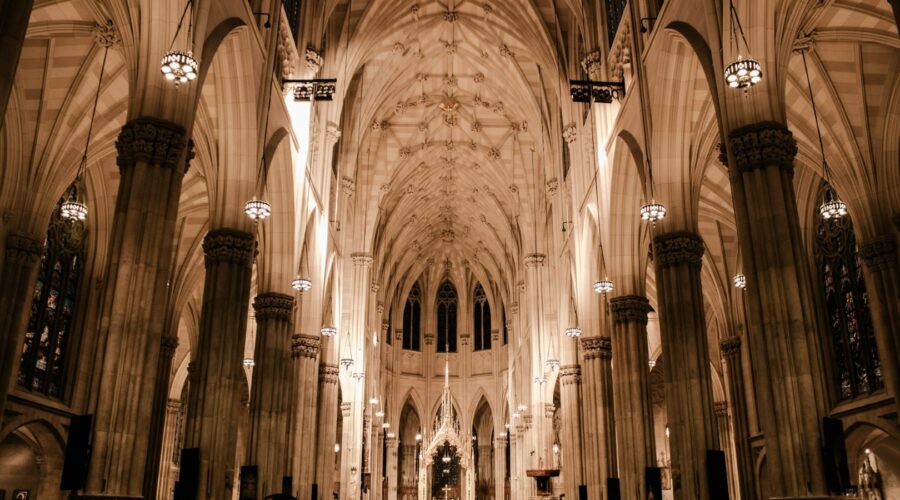Your cart is currently empty!
Iglesia Ni Cristo: Understanding Its History, Beliefs, and Controversies

Introduction: Unveiling Iglesia Ni Cristo
Established in 1914 in the Philippines, Iglesia Ni Cristo (INC) has grown into a global Christian denomination with millions of followers. This blog post delves into the history, core beliefs, and controversies surrounding Iglesia Ni Cristo, providing a comprehensive understanding of this captivating religious movement.
Historical Roots and the Founding Father
The Genesis of INC:
Iglesia Ni Cristo was founded by Felix Y. Manalo in 1914, who claimed to be the “Last Messenger” prophesied in the Bible. Manalo’s teachings drew inspiration from Seventh-day Adventist beliefs and emphasized a literal interpretation of the scriptures.
Early Growth and Expansion:
INC quickly established itself in the Philippines and steadily expanded its reach globally. Missionaries were sent overseas, and congregations were established in various countries, including the United States, Europe, and Asia.
Core Beliefs and Doctrines
The Trinity Doctrine:
INC rejects the Trinity doctrine and believes in only one true God, emphasizing the “Oneness” of God as the Father.
The Bible as the Sole Authority:
The Bible is considered as the sole source of religious truth, and its teachings are strictly adhered to by INC members.
Sabbath Observance:
INC observes the Sabbath on Saturday, in accordance with the biblical commandment.
The Last Messenger:
Felix Y. Manalo is revered as the “Last Messenger” and is believed to have restored the true church in the last days.
Organizational Structure:
INC is led by an Executive Minister, who is responsible for administering the church’s affairs. Local congregations are organized into districts and regions.
Controversies and Allegations
Financial Controversies:
INC has faced allegations of financial improprieties, including the misuse of members’ funds and tax evasion.
Human Rights Concerns:
There have been reports of human rights violations within INC, including the suppression of dissent and the control of members’ personal lives.
Political Involvement:
INC has been accused of intervening in politics and influencing election outcomes in the Philippines.
Critical Analysis and Conclusion
Strengths and Impact:
INC has provided a sense of community and purpose to millions of followers. It has promoted values such as discipline, morality, and charity.
Challenges and Criticism:
The church’s strict adherence to its doctrines and its centralized leadership structure have raised concerns about freedom of thought and individual expression.
Ongoing Scrutiny:
Iglesia Ni Cristo continues to face scrutiny and criticism, with ongoing investigations into its financial practices and human rights record. It remains a complex and controversial organization that has both admirers and detractors.